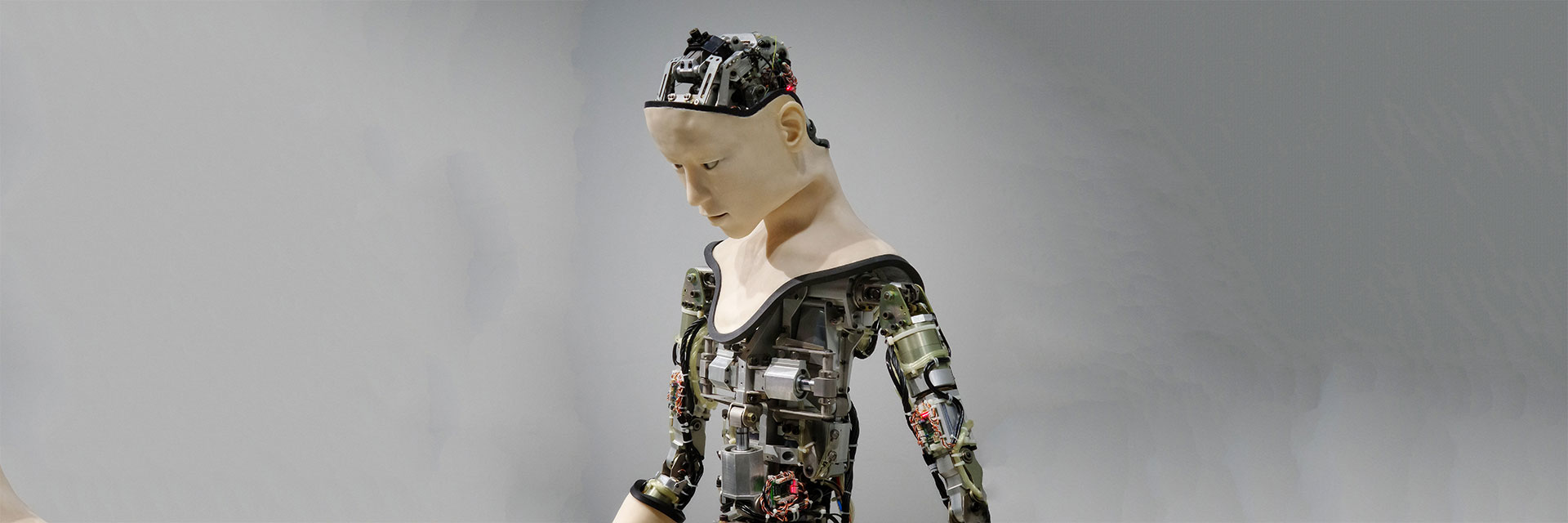While Intellectual Property (IP) law is already quite complicated, especially when international boundaries are concerned, with the advent of Artificial Intelligence (AI), IP law promises to become even more complex.
For example, when AI is involved in an inventive or creative process, who holds the IP rights to that work? Can AI hold a copyright (AI is already creating art, writing books, and taking photographs)? Can AI hold a patent?
Recently, two UK academics attempted to file patents on behalf of an AI system known as DABUS, which invented a robot-friendly system of interlocking food containers without human involvement. That status of those patents, both in Europe and in the United States, at the time of this writing, is pending.
The hold up, it seems, revolves around the long-standing tradition of patents being assigned only to human inventors. (For example, in the U.S. only people may apply for a patent. However, if the person invents while working for a company, his or her employment contract likely assigns patent rights to the company. Thus, the filing is on behalf of the person, but the rights go to the company.)
Interestingly, DABUS, which was originally built to create abstract works of art, is also currently involved in a copyright issue—namely who “owns” the copyright for the art it creates?
In both the case of the interlocking food containers invention and the abstract artwork, DABUS “created” without the intervention of a human being, so is DABUS the inventor? Is DABUS the artist?
No one knows for sure, at least not yet.
“When the artist or inventor is an AI working autonomously, who gets the credit, the human or team of humans who developed the AI algorithm, or is it the AI itself? It’s a question with broad economic, political, and even philosophical implications,” explains Eric Ludwig, ESQ, an experienced, US-based trial lawyer with an extensive background in intellectual property and business litigation.
According to the article, What’s the impact of Artificial Intelligence on Intellectual Property?, the European Patent Office considers, AI to be “a tool used by a human inventor.” In the United States, the US Patent and Trademark Office is taking a cautious approach as it gathers “information on patent-related issues regarding artificial intelligence inventions for purposes of evaluating whether further examination guidance is needed to promote the reliability and predictability of patenting artificial intelligence inventions” and to explore “whether new forms of intellectual property protection are needed.”
Absent any immediate changes, it would seem that AI, in the near-term, will continue to be considered a tool of the inventor. However, given the rapid pace of AI-assisted and AI-driven innovation, it won’t be long before more cases are brought before the patent offices and then the courts.
“I think it’s safe to say that we most likely have right now, in our midst, the first AI inventor,” says Ludwig. “We should therefore be prepared for the eventual creation of a new form of IP, one that recognizes the concept of AI as inventor. Just what form that new category of IP will take—whether it’s the machine (AI) who owns the creation, or its human inventor or a combination thereof—remains to be determined. In the meantime, rest assured that we will remain vigilant on this topic.”
Protect Your Product. Your Business. Your Dreams.
Contact Eric Ludwig today for a free, one-hour consultation to discuss whether you need to apply for copyright, patent, and/or trademark protection in the United States.
(619) 929-0873 | consultation@ludwigiplaw.com



